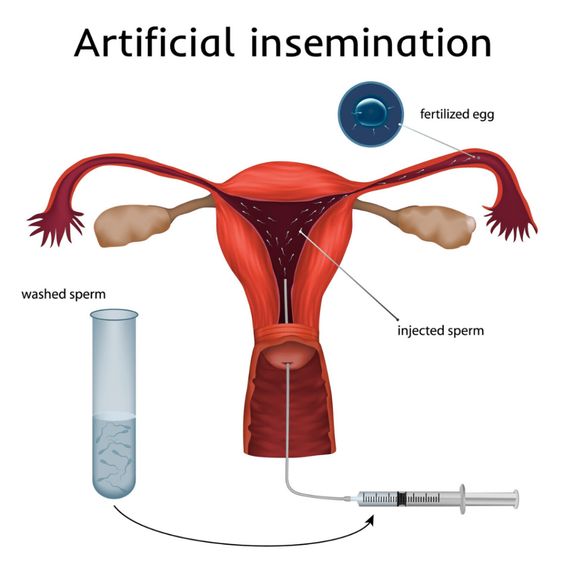Intrauterine Insemination (IUI) is a fertility treatment that involves placing sperm inside a woman’s uterus to facilitate fertilization. The goal of IUI is to increase the number of sperm that reach the fallopian tubes and subsequently increase the chance of fertilization. It provides the sperm with an advantage by giving it a head start but still requires a sperm to reach and fertilize the egg on its own. IUI is recommended when there is Ejaculatory dysfunction, Male subfertility, Unexplained infertility, Cervical factors or Immunological factors.
In Whom Should IUI be Done?
- Mild abnormality in semen (with severe abnormality ICSI is a better choice)
- Unexplained infertility
- In certain couples with anovulation (PCOS), endometriosis, and older age group. If basic treatments such as ovulation induction & timed intercourse have failed & before moving on to IVF.
Pre-requisite is that one or both tubes should be patent & in good condition.
How IUI is Done?
Usually ovulation is induced with oral medicines or injections & ovulation is monitored with ultrasound. When the follicle (which contains the egg) is appropriately grown & the endometrium (uterus inner lining) is appropriately thick, an injection (called trigger) is given to cause the follicle to rupture, and IUI is done. Either one IUI is done after 36 hours of trigger injection or two IUIs are performed 24 hours & 48 hours after the trigger.
The semen should preferably be collected in the hospital; alternatively, it may be brought from home within half an hour. Further processing to separate the sperm from the fluid part of the semen (seminal plasma) takes about 1-1.5 hours. The process of instilling the prepared semen into the uterus is usually very simple & painless.
A beak-like instrument (speculum) is used to open the vagina, and a thin tube (cannula) is used to deposit the semen into the uterus. After about 20 minutes of rest, the woman is good to go and can do all her routine chores, bed rest is not required.
What are the Success Rates of IUI?
This depends on a number of factors, the most important being the sperm quality and age of the female partner. The chances of conception are increased by 2-3 times as compared to the chances of natural conception in a couple with unexplained infertility.
What are the Risks of IUI?
- It is practically a very safe procedure. Chances of multiple pregnancies are increased if the ovulation induction leads to the formation of multiple follicles in the ovaries.
- Chances of bleeding, infection, etc, are practically nil with a properly performed procedure.



